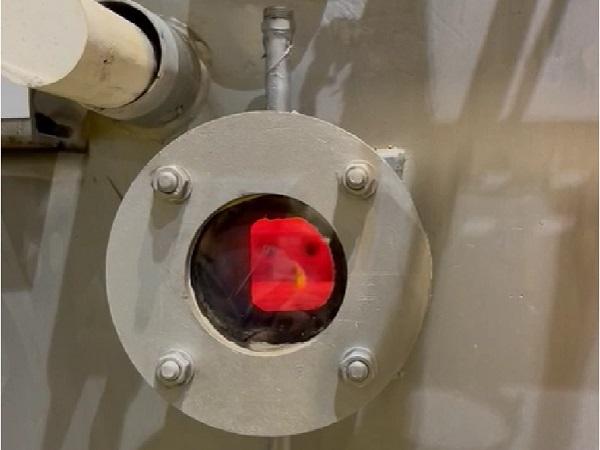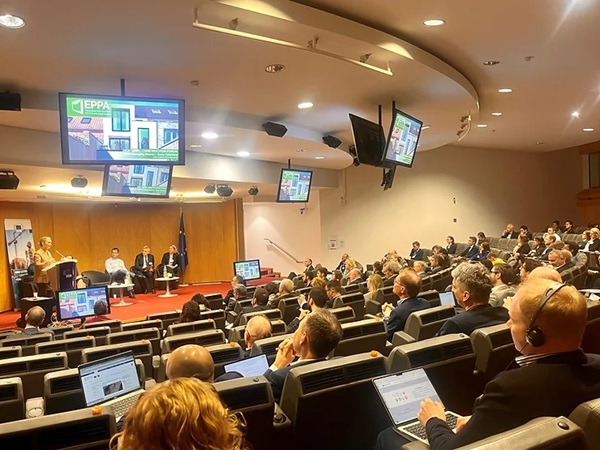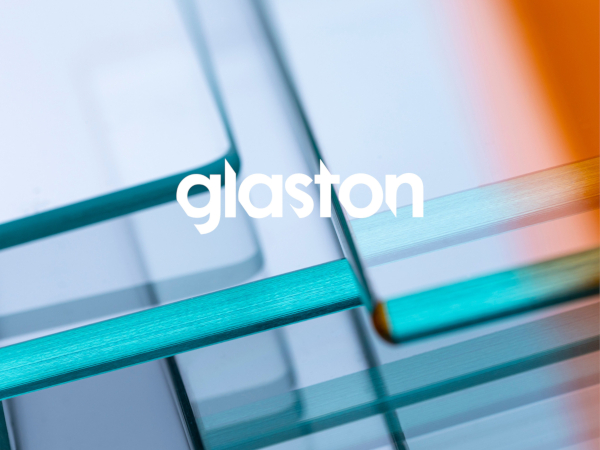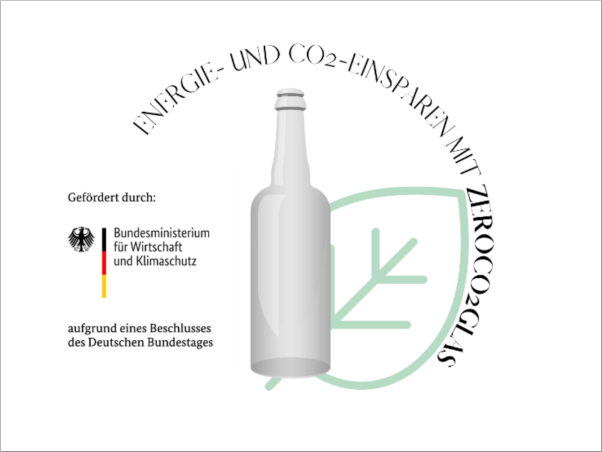
Date: 31 January 2022
Glass Futures, a not-for-profit research and technology organisation was awarded a £7.1m contract in 2020 by The Department of Business, Energy and Industrial Strategy’s (BEIS) Energy Innovation Programme to research and deliver new energy sources to the glass industry.
This work involves test firing hydrogen and bio-fuels in a scale model glass furnace at temperatures in excess of 1500 °C, simulating real world firing conditions for alternative fuels. The project is also evaluating the associated technical, economic, and environmental aspects of fuels.
The project encompasses a wide range of industrial and academic partners and the final report for this work is due to be published by BEIS in summer 2022.
The UK glass sector employs 23,200 people, generates £3bn in revenue and contributes £1.6bn GVA to the UK economy. Whilst the sector has made progress by halving emissions in the last 50 years, there is a need to urgently accelerate efforts to increase energy efficiency and reduce CO2 emissions to meet the UK’s 2050 carbon commitments.
The UK Government released its Net-Zero strategy ahead of the UN COP26 summit, which sets out how the UK will deliver on its commitment to reach net-zero emissions by 2050, outlining measures for the transition to a green and sustainable future.
The strategy announces an extra £500 million towards innovation projects, bringing the total funding for net-zero research and innovation to at least £1.5 billion to support technologies that decarbonise glass and other industries.
In last January as part of this revolutionary project, glass container manufacturer, Encirc (a Vidrala company), and Glass Futures demonstrated that new bottles can be made from 100% recycled glass, using only the energy from burning ultra-low-carbon bio-fuels, achieving a 90% reduction in carbon footprint.
"These fuel switching trials, backed by over £7 million in government funding, demonstrate how we are supporting industry to decarbonise and move away from relying on fossil fuels. This is vital to reducing emissions and driving forward the UK’s green industrial revolution."
Commented Energy & Climate Change Minister, Greg Hands
"Working to understand how best to manufacture glass through a clean and sustainable process is a vital part of the drive to reach net-zero, for both industries and consumers.
We are excited to be able to share our expertise in hydrogen, biofuels and modelling and simulation to facilitate this innovative research, which is allowing for further significant steps towards the decarbonisation of the glass sector."
Said Professor Mohamed Pourkashanian from the University of Sheffield
"It was exhilarating igniting the furnace for the first time and this marks an important first step in a series of trials to assess the potential of low-carbon fuel technologies to decarbonise the glass industry in accordance with the Government’s net-zero target by 2050.
As many furnaces due to be installed in the coming years will be expected to run for up to 20years, new low carbon fuel technologies need to be proven technically and economically as soon as possible if the global glass sector is to fully decarbonise by 2050."
Said Dr Palma González García, Industrial Fuel Switching Innovation and Programme Manager
 600450
600450









Add new comment